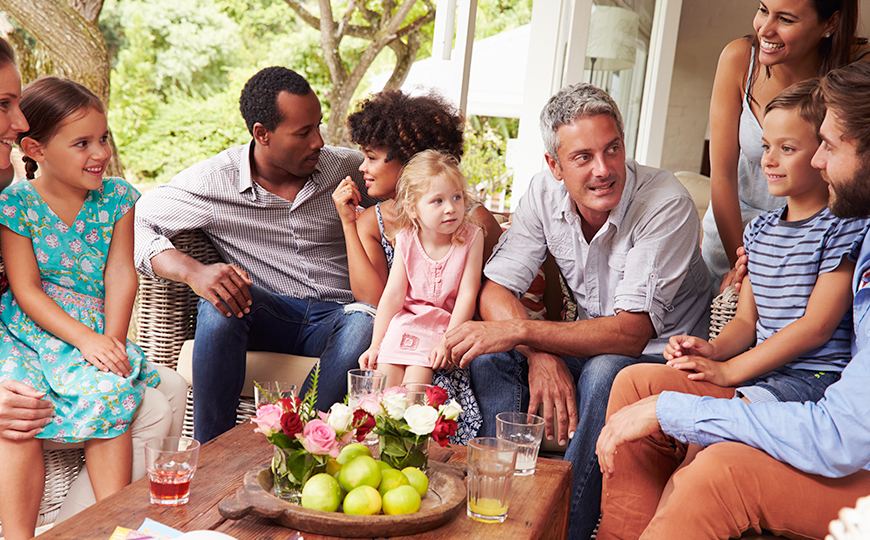Writing for The Guardian, Andrew Solomon explores the need for a better vocabulary, one that adequately serves all families raising future generations.
People apply this [traditional] vocabulary with a blunt literalism, asking adopted children about their “real parents”, in keeping with the presumption that nature consistently trumps nurture. . . . Explaining a wider distribution of responsibilities among biological and non-biological parenting figures carries the risk of similar ostracism. In our ecstatic embrace of the nuclear family, we are told that a child “needs” a mother and a father, and that it is problematical for a child to be “missing” one of those archetypal roles, or to look to more than two people for ultimate guidance and reassurance. We should also question the tyranny of biological relatedness. Why should we presume that children are better off with their biological parents than with anyone else? Some children have biological parents who do not love them or are not competent to raise them; that is an old problem.
What if we expanded Solomon’s call to include family planning? What if the new language focused on what future children and the community needed in the long term, rather than what parents wanted in the short term?
Under our current static, parent-centered model for family planning, parents talk about wanting a boy or girl, a third or fourth child, or siblings for their current child. What if our language instead encouraged us to name and personify future children even before they were conceived? What if the needs of these future children were the center of our conversations? What if we included the community those children would both affect and rely upon: their teachers, our neighbors, their friends, their ecosystem?
Solomon is right that our language does not serve non-traditional families. But it also doesn’t serve future children and our communities, who remain invisible in common discussions of would-be parents. Let’s expand the scope to include a fair start for all children.
At Having Kids:
We promote and protect every child’s right to a fair start in life by replacing unsustainable, parent-centered family planning models with the human rights-based and child-centered Fair Start family planning model. The model suggests a shift in family planning from a subjective focus on just the parents, to an objective focus that considers the interests of the potential child, the parents, and the community.
It’s all about this: Smaller families working together to give every child a fair start in life.
Today many families are adopting the Fair Start family planning model. First, they try to give their child a fair start in life by having a smaller family where they can invest more in their child. Often they also foster or adopt one of the many children eagerly waiting for parents rather than creating additional need. Second, they publicly role model their choices. Finally, these families join public advocacy campaigns to shift resources from extractive centers of power like governments, corporations, and wealthy families in order to democratically empower children and future citizens by incentivizing better family planning by all parents. Why? All parents know that the quality of their own child’s life will depend on how other parents decide to have and raise their kids.

